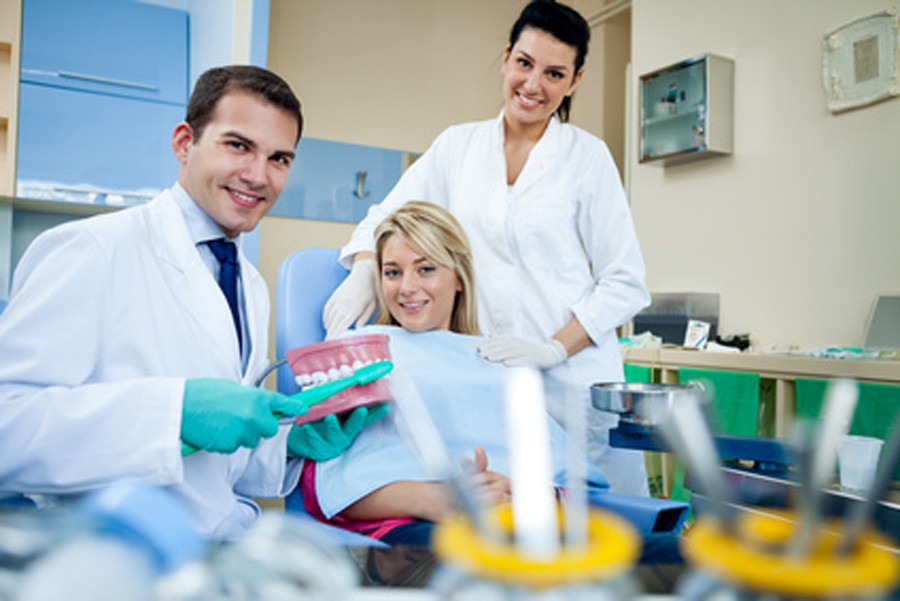Why is Fluoride Important?

Fluoride is a natural mineral that is found in various concentrations in soil and drinking water. Everyday, enamel, the outer layer that makes a tooth hard, has minerals both added to it (remineralization) and removed from it (demineralization). During remineralization, minerals such as fluoride, calcium, and phosphate are added to the enamel layer via foods and drinks that contain these minerals. Minerals are lost (demineralization) when acids – from bacteria in the mouth and certain foods and drinks – attack the enamel. Tooth decay results when the enamel loses more minerals than it receives.
How does Fluoride Prevent Tooth Decay?
Fluoride helps prevent tooth decay by making the tooth more resistant to acid attacks. Fluoride also helps to speed remineralization of erupted teeth in both children and adults.
Where is Fluoride Found?
Although some foods, such as seafood and certain teas, contain fluoride naturally, the primary source of fluoride is drinking water. Tap water in some cities contain fluoride, which is added by the municipalities, as well as some but not all bottled water contain fluoride.
Fluoride also can be applied directly to teeth through toothpastes and mouth rinses that contain fluoride. Fluoride tablets or drops can also be found at many pharmacies. Dentists can also apply fluoride directly to your teeth in the form of a gel, foam or varnish. These products contain a much higher level of fluoride than toothpastes and mouth rinses.
When should Fluoride use Begin?
Infants and children between the ages of 6 months and 16 years should receive fluoride. Their primary (baby) and permanent (adult) teeth develop during these ages, so the stronger the enamel is, the better. Although fluoride is an immediate concern for children and adolescents, adults also can benefit from fluoride. Topical fluoride – including toothpastes, mouth rinses, and fluoride treatments – is as important for fighting tooth decay in adults as it is for strengthening the teeth in children.
Source: Academy of General Dentistry (AGD) which Dr. Murphy is a member of.

